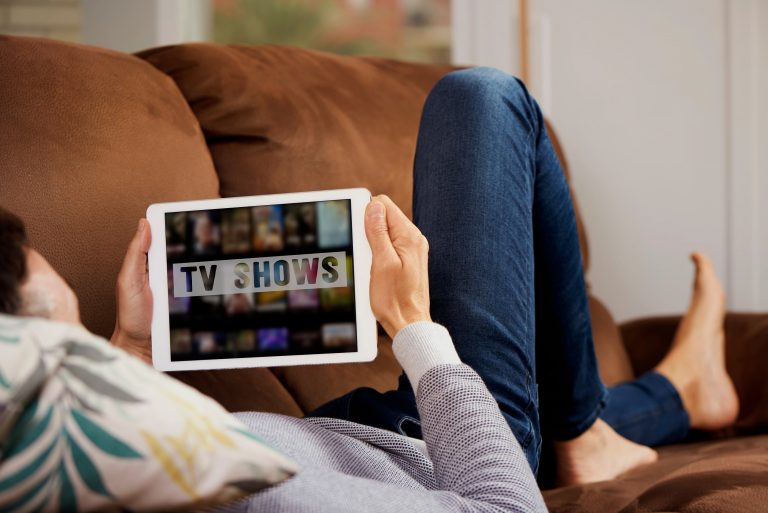Lockdown Impact on Screen Time and How to Cope With It
We are spending more time viewing TV screens and mobile devices as we’re stuck at home. The total TV consumption and mobile usage have seen a major spike during the lockdown. After the schools were abruptly shut down and the restrictions on going out to play, the TV viewership has been drastically driven by kids. The younger generation has increased the time spent on chatting and on other social media like Facebook, Instagram and Tiktok. As per a study, smartphone usage has grown up to 25 hours a week with a significant increase in the sessions per user.
Have you thought about what could be the reason for binge-watching? We gravitate towards binge-watching when we experience more stress in our lives. To kill boredom or stress, we use easy gratification means like watching TV, YouTube videos in a loop, staying for long hours on social media, etc.
Are you wondering why we crave unreal drama to replace the drama in our own lives? Our brain chemistry has the answers. Just by simply thinking about your favourite TV show or web series our brain starts releasing the biggest burst of a tasty little neurotransmitter known as Dopamine. Dopamine gives a sensation similar to how we will feel by receiving some rewards or complement. When some people finish a movie or an episode on Netflix, their dopamine level come back to normal. But for others, the reserve in their brain lost count and dip just a small bit below normal.
Negative impacts of too much screen time
Spending too much time on mobile phones and television screen leads to decreased physical activity and sedentary behaviour, which in turn increases the risk of premature death, diabetes, heart disease etc. Research shows that excess screen time can damage brain development or even lead to long-term medical conditions such as diabetes.
Here are a few things you can do to take care of your health in the current scenario.
- Remember to blink
You may not realize, but you may often be staring at the screen continuously, without blinking your eyes. Continuous staring at the screen reduces the moisture in the eyes, causing dryness. This may lead to other eye-related complications. You may even experience headache or blurry vision. So always remember to blink your eyes.
- Take a break
Even while you are working on your projects, do not sit in front of the screen for a long time at one go. Always follow the 20-20-20 rule. This means that after every 20 minutes you spend on any screen, you take a break and look at something 20 meters away for 20 minutes. This will give your eyes the much-needed rest time. You can also set self-restrictions like no phone in the bedroom.
- Look out for other options
It can be challenging to keep yourself entertained at home during this time as you cannot go outside. Rather than digging into your cellphone, try to motivate yourself and indulge yourself in hobbies like art, painting, puzzle-solving, gardening and reading physical books.
- Correct your posture
Sitting in an incorrect posture while using a laptop or cellphone will harm not only your eyes but also your joints. Make sure that the gadgets e.g. the laptop, I-pad etc. are placed at your eye level and you sit in the correct position. Also, increase the text size on the screen so that you don’t need to put too much strain on your eyes while reading.
- Correct the light settings
Always check the lighting of the area where you use your laptop or smartphone. Avoid using gadgets in dim or fluorescent light. It can lead to a strain on your eyes. Also, adjust the brightness of the device screen and ensure that the background colour is changed to cool grey.
Unsurprisingly, we are looking out for online entertainment to keep ourselves engaged. But you can spend more time with your family members or take your pet for a walk. Treat TV series or web series as a reward for you, for finishing laundry or doing dishes or maybe calling up your grandparents. Once you accomplish a task then reward yourself with some TV or screen time. Gradually, this will help you complete your daily tasks, limit your smartphone and computer usage and let you watch what you love rather than binge-watching.
So it’s high time to stop the risks of overdosing on our screens and stay safe while we stay home.


